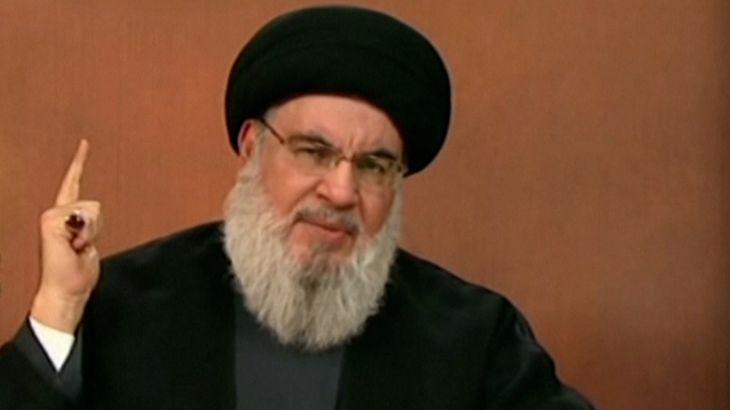Hezbollah's recent threat towards Cyprus has sparked concerns about the island nation's geopolitical vulnerability and potential ramifications.
Hezbollah’s threat to retaliate against Cyprus if it assists Israel in attacking Lebanon has brought to light the delicate geopolitical position of the Mediterranean island. Analysts suggest that the mention of Cyprus by Hezbollah leader Hassan Nasrallah on June 19 has raised concerns among Cypriots. President Nikos Christodoulides emphasized that Cyprus is not involved in military conflicts, distancing the nation from any potential military tensions.
Cyprus, as the easternmost EU state, strategically balances relationships between Israel, Egypt, and Iran. Despite its close ties with Israel, Cyprus has aimed to remain neutral in conflicts involving Gaza and the Israel-Lebanon border. Nasrallah's threat has underscored Nicosia's vulnerable position as a US ally and EU member within Hezbollah's missile range. The threat serves as a stark reminder of the risks Cyprus faces due to its proximity to conflict zones.
Moreover, the recent shift of Cyprus's alignment towards the West has strained its traditional ties with Russia. The island's refugee situation is another pressing concern, as Cyprus hosts a significant number of asylum seekers, particularly from nearby conflict-affected regions like Syria. Nasrallah's rhetoric about facilitating Syrian migration to Cyprus has heightened anxieties about a potential influx of refugees.
Hezbollah's strategic threat poses multifaceted challenges to Cyprus, encompassing military, geopolitical, and humanitarian dimensions. The island nation finds itself navigating complex regional dynamics and safeguarding its interests amidst escalating tensions.
Source: ALJAZEERA
ALJAZEERA MEDIA NETWORK
